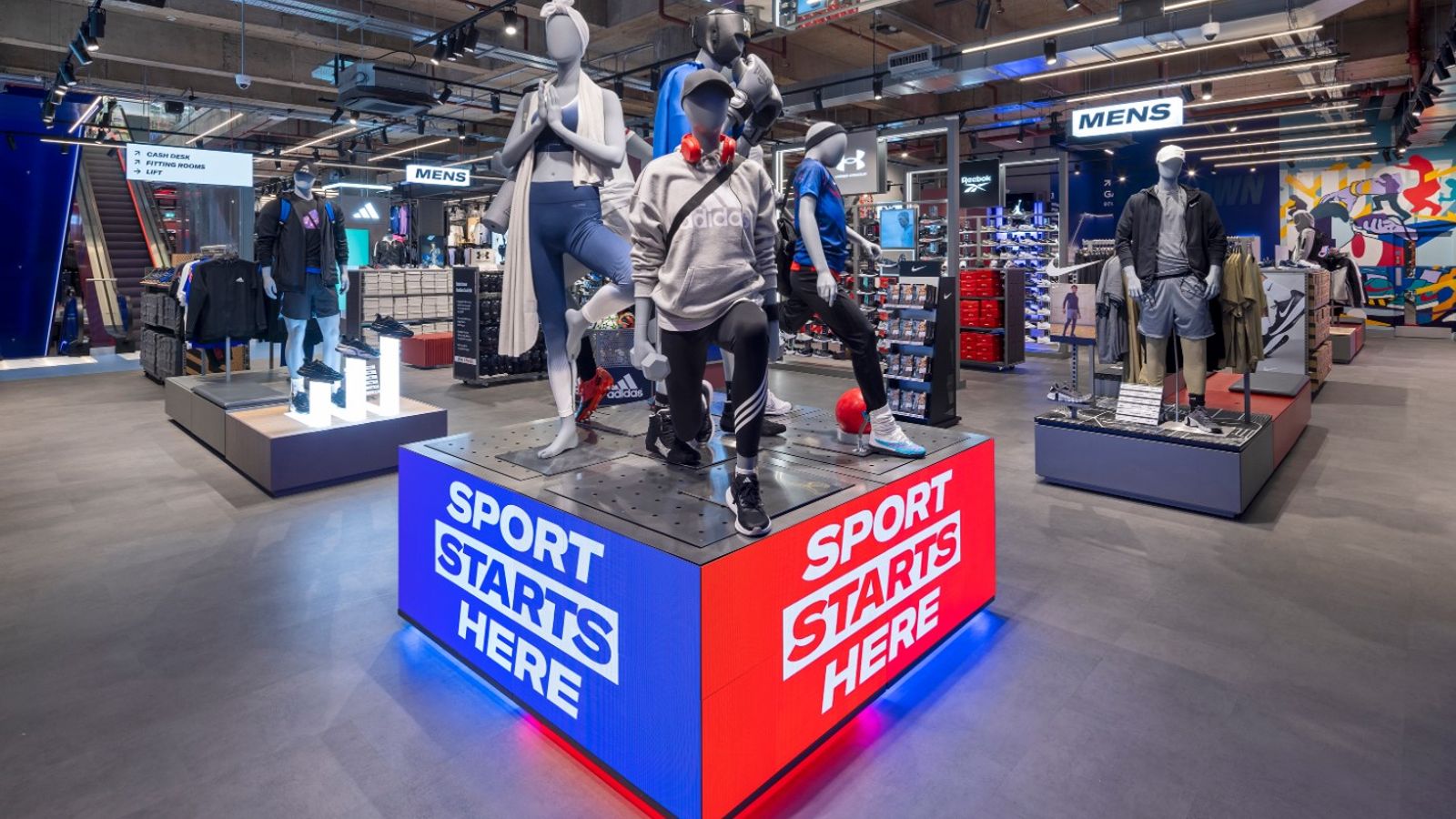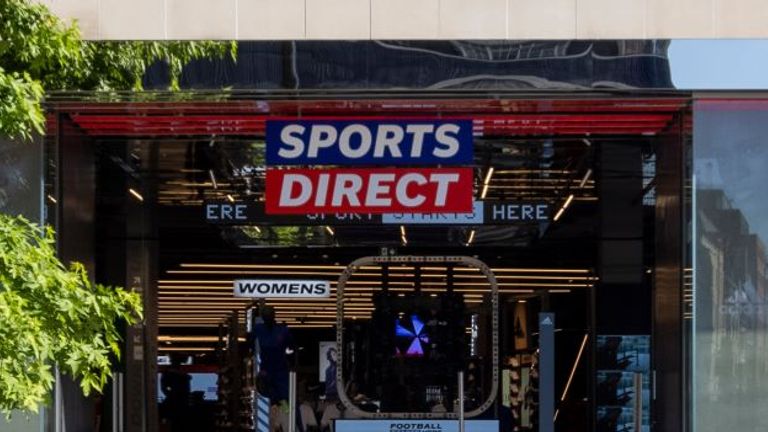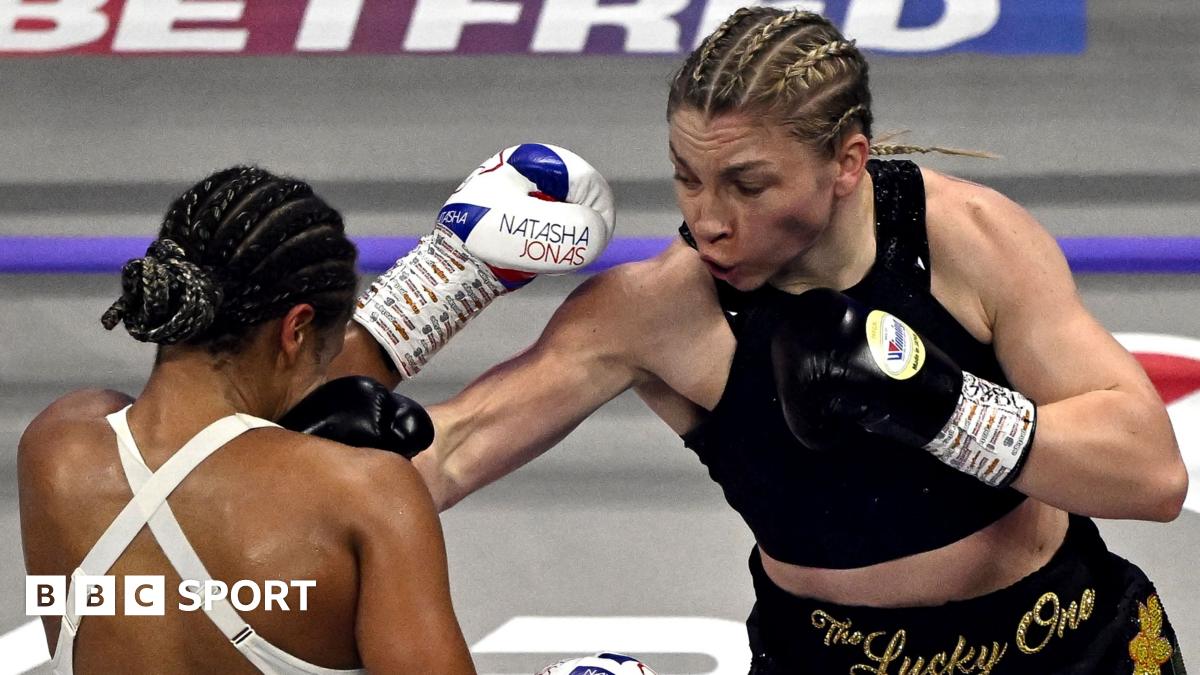Frasers Group set to become even bigger indicator of the UK high street’s health in years ahead

While longer-established names like Marks & Spencer, John Lewis and Next are often taken as good barometers of UK retailing, there is a case for saying that no one company better provides a snapshot of how the sector is faring than Frasers Group.
Mike Ashley‘s combine owns more than 40 consumer-facing brands, including Sports Direct – still the biggest part of the business – House of Fraser, Flannels, Game, Evans Cycles, Jack Wills, Gieves & Hawkes, Agent Provocateur, Cruise, Van Mildert and Sofa.com, not to mention a clutch of sports equipment and sports and leisurewear brands including Slazenger, Sondico, No Fear, Donnay, Everlast and Karrimor.
Money latest: Lab-grown chicken approved for use in pet food
A key retail bellwether
It also owns stakes in a host of other retailers and fashion brands, including Hugo Boss, AO World, Currys, ASOS, and Boohoo.com.
Not content with operating stores and retail brands, the group – which occupies more than 20 million square feet of stores, warehouses and office space – has increasingly been buying property in recent years, including Luton’s Mall shopping centre, Dundee’s Overgate Centre and the CBS Arena, home to Coventry City FC.
More recently, it has been linked with the acquisition of a 50% stake in Exeter’s Princesshay estate, which would make it a joint venture partner with the Crown Estate for the first time.
All of these moving parts make Frasers, arguably, just as much a retail bellwether as the likes of M&S.
The ‘multi-retailer’ – a hard-to-assess company
So many different retailing propositions, delivered over so many different platforms and formats, also make it a difficult business to assess at times.
As Clive Black, head of consumer research at investment bank Shore Capital and the City’s most renowned retail-watcher, put it in a client note this morning: “How does one describe Frasers succinctly? Multi-faceted, multi-asset, multi-investment, the ‘multi-retailer’.”
That said, as Mr Black noted, today’s full year results – covering the year to 28 April – do point to a business that is still growing, even though group sales during the year fell by just under 1% to £5.5bn.
That was due to a slowdown at Game and to store closures at House of Fraser.
The numbers
On the earnings front, headline pre-tax profits fell by 21%, to £507m, reflecting a number of accounting write-downs. On an underlying level, though, they were up by 13% to a better-than-expected £544.8m.
The company said it expects profits during the new financial year – which is expected to see sales receive a boost from both the recently-ended Euros and the forthcoming Paris Olympics – to be between £575m and £625m and this, again, is better than the market has been forecasting. The shares have risen by more than 8% on the news.
Michael Murray, the Frasers chief executive, called it a “break-out year”.
Central to all this has been the so-called ‘elevation strategy’ – essentially taking the business up-market and targeting more aspirational customers – which Mr Murray, who is Mr Ashley’s son-in-law, first unveiled five years ago.
The ‘Harrods of the high street’
It has sometimes been described as making the business the ‘Harrods of the high street’ – even though there is no evidence of either Mr Murray or Mr Ashley, who stepped down from the board two years ago, has ever actually used that terminology.
Given the slowdown in the luxury goods segment over the last year, as illustrated by this week’s profits warning at Burberry and lacklustre trading update from Swatch, some will have had doubts over that strategy.
Mr Murray admitted this morning that the group’s premium and luxury division had “experienced the softening of the global luxury market felt by most high-end retailers and brands” – as highlighted by “the difficult but necessary decision to put Matches into administration once it became clear that too much further investment would be required to sustain the business”.
A challenging environment
But he insisted that, while the environment was likely to remain challenging for the medium-term, Frasers was confident in the Flannels proposition and with its key brand partners.
He also highlighted work done in tidying up the House of Fraser store estate and the way the company has been introduced its other brands into the stores to make better use of space.
He added: “This new retail model with more of our concepts under one roof is proving hugely attractive and is a commercial way to incorporate multiple fascias together.”
Read more business news from Sky News:
No change in inflation rate as figure higher than expected
Wage rises slow as interest rate decision too close to call
That said, while Mr Murray is optimistic that aspirational brands represent the company’s biggest growth opportunity, Sports Direct remains the bedrock of the business, accounting for 52% of sales, while enjoying both sales and profits growth during the last 12 months.
What is interesting, for close observers, is how Frasers will report its results in future.
Tucked away in the trading statement was news that it will now report on five operating segments, with new property and financial services segments joining UK sports, premium lifestyle, and international.
That reflects not only the growing importance of property to the business, but also financial services. The latter is underpinned by the newish Frasers plus credit service – for which the company is targeting £1bn worth of sales and more than 2 million active customers.
Luxury sector and employment law concerns
With such a maelstrom of activity, it would be easy to lose sight of the fact that Frasers has a lot of challenges ahead, including the continued travails of the luxury sector and the new UK government’s changes to employment law.
Frasers, which has more than 30,000 employees, has often come under scrutiny for its employment practices and the banning of so-called “zero hours” contracts could pose some problems. Some will also fret about the strength of Nike, a key partner for Sports Direct.
But the company also has bags of opportunities and, in the near future, interest rate cuts should lend some support to consumer spending.
With cash flow generation strong and net debt extremely modest, meanwhile, Frasers is also well-positioned to carry on buying property or retail assets should they become available.
In other words, Frasers looks set to become even more of an indicator of the UK high street’s health in years to come.
Related
Jonas vs Price: How women’s boxing can become centre stage…
The iconic Royal Albert Hall has hosted pugilism for over a century, welcomed key political figures and showcased musical superstars.On Friday evening, a women'
Belgian Darts Open: Ryan Searle sets up Luke Littler showdown…
Ryan Searle set up a showdown with world champion Luke Littler and Mike De Decker booked a reunion with world No 1 Luke Humphries
Sky Sports presenter reveals she has a brain infection following…
A Sky Sports presenter has revealed she has a brain infection after battling cancer.Emma Saunders, who works as a presenter and match day reporter for Sky, was
Jonas vs Price as it happened: Reaction, analysis, boxing results,…
'I want to go back to Wales'published at 23:37 Greenwich Mean Time 7 March23:37 GMT 7 MarchPrice beats Jonas by unanimous decisionLauren Price speaking to Sky S















